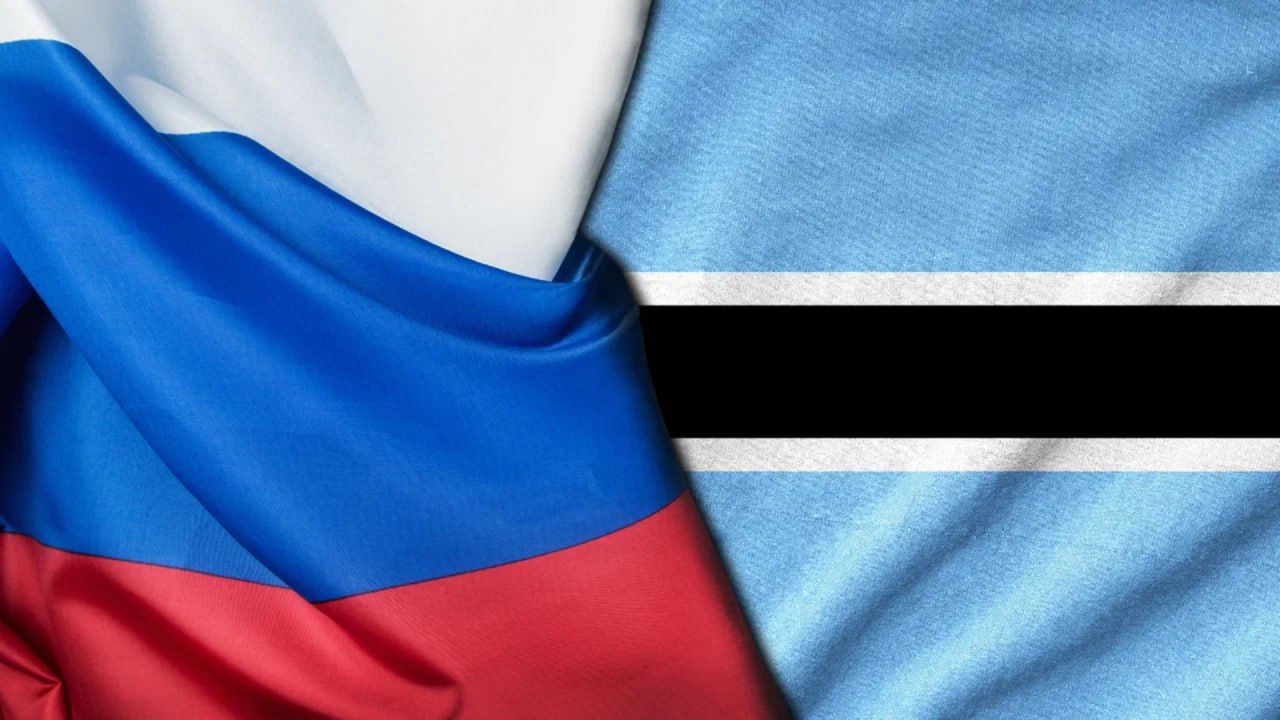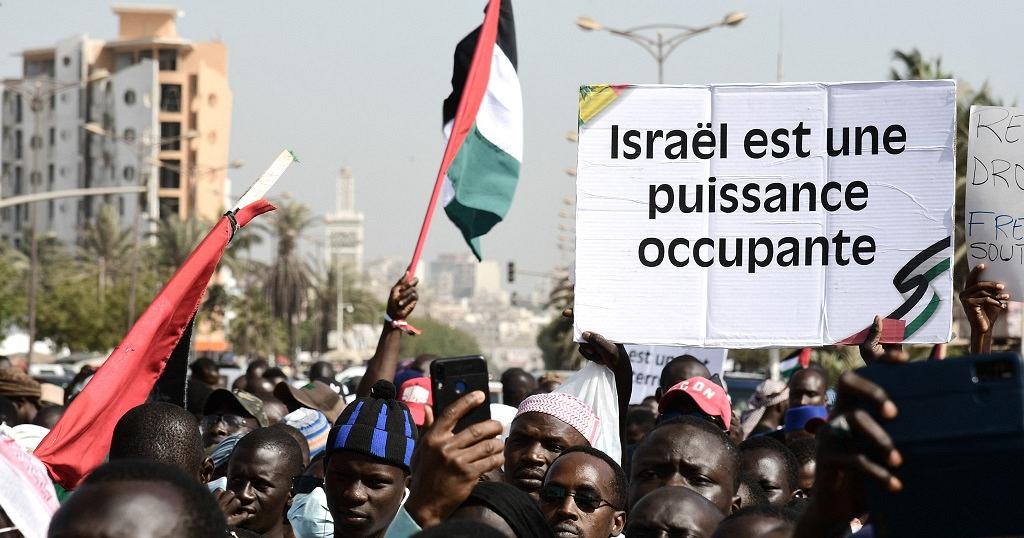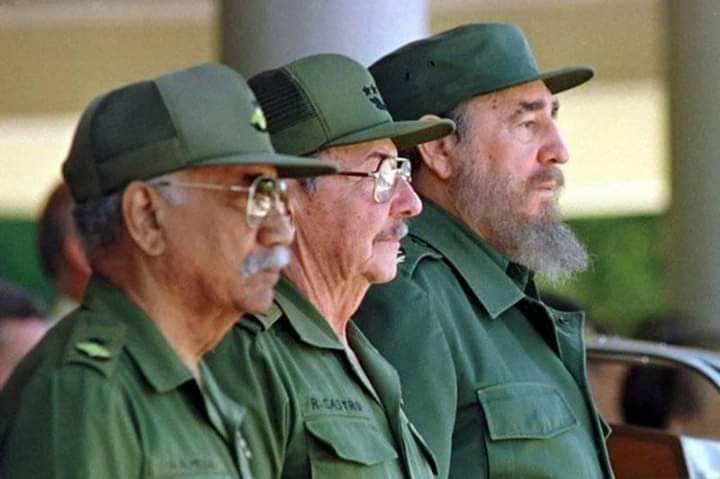Somaliland hoped to be recognised as a country after port deal with landlocked Ethiopia – but move has sparked fury in Somalia
Somalia is prepared to go to war to stop Ethiopia recognising the breakaway territory of Somaliland and building a port there, a senior adviser to Somalia’s president has said.
A memorandum of understanding signed on 1 January allowing landlocked Ethiopia to develop a naval base on Somaliland’s coast has rattled the Horn of Africa, one of the world’s most volatile regions.

Somalia claims Somaliland as part of its territory and has declared the deal void. Last Sunday its president, Hassan Sheikh Mohamud, called on Somalis to “prepare for the defence of our homeland”, while rallies have been held in Mogadishu, Somalia’s capital, against the agreement.
“We are pursuing all diplomatic options and I think Ethiopia will come to its senses, but we are ready for a war if Abiy wants a war,” said the adviser, referring to the Ethiopian prime minister, Abiy Ahmed.
Ethiopia and Somalia fought a conflict in 1977-78 over a disputed region and tensions still run deep. Ethiopia invaded Somalia in 2006 to dislodge Islamists from Mogadishu, helping to spark the Al-Shabaab insurgency, and today it is one of the largest contributors of troops in the African Union peacekeeping force in Somalia.
The adviser said the port deal “caught Somalia by surprise”. He claimed Abiy had denied intending to seek sea access through Somaliland when questioned by Mohamud at a summit in Saudi Arabia in November.
Somaliland was a British colony until 1960. The territory enjoyed five days of independence before voluntarily uniting with Somalia, a former Italian colony. It was a bumpy union that ended with Somaliland breaking away in 1991, after a decade-long liberation struggle against a Soviet-backed military regime. Today, Somaliland is a de facto independent state, with its own currency, a parliament and overseas diplomatic missions.
For two decades, Somalia has been blighted by Al-Shabaab, a powerful affiliate of Al-Qaida, making it one of the world’s most dangerous countries. By contrast, Somaliland is relatively peaceful, even if recent clashes on its eastern frontier with Somalia have dented its stable image.
However, it is still not recognised by any country. Western governments will not recognise it until African countries do, but the continent’s leaders have held off, following the African Union’s longstanding policy against redrawing national boundaries inherited from colonialists.
Without recognition, Somaliland struggles to attract investment and is cut off from international finance, which is mostly channelled through Mogadishu. In an interview with the Observer, Somaliland’s foreign minister, Essa Kayd, said the port deal with Ethiopia will “legitimise our self-determination” and could spark a “domino effect” of other countries recognising the territory.
“Recognition is what we have been fighting for all this time and it is the most important thing we can offer to the people of Somaliland,” Kayd said.
However, there is confusion over the content of the deal between Somaliland and Ethiopia. Neither side has made the full text public.
When it was struck, Somaliland’s president, Muse Bihi Abdi, said Ethiopia had agreed to grant official recognition in return for a 50-year lease of a stretch of coastline, which it will develop for “naval and commercial” purposes. However, Ethiopia said it had only agreed to “make an in-depth assessment towards taking a position regarding the efforts of Somaliland to gain recognition”.
A western diplomat briefed on the deal described it as a “memorandum of misunderstanding”. “Ethiopia insists they did not agree to recognise Somaliland,” the diplomat said.
Kayd said the deal is based on Ethiopia granting recognition to Somaliland: “Without that, nothing is going to happen.” He added that discussions had been progressing “for years”. “Ethiopia needs sea access and we need recognition, so you can see how these needs can be dealt with.”
Ethiopia became the world’s largest landlocked country in 1993 when Eritrea seceded along with its Red Sea coastline. In October, Abiy said this was a historic mistake that threatens Ethiopia’s existence, sparking fears of a war with Eritrea. “In 2030 we are projected to have a population of 150 million,” Abiy said. “150 million people can’t live in a geographic prison.”
On Thursday, Abiy’s adviser drew parallels between Ethiopia’s quest for sea access and its construction of the Grand Ethiopian Renaissance Dam, a potentially transformational hydroelectric project on the Blue Nile, which was built despite objections and military threats from Egypt.
Somalia is unlikely to attack Ethiopia while it grapples with Al-Shabaab, said Alan Boswell, Horn of Africa director at the International Crisis Group. But the deal could open fresh fissures in a turbulent region.
Mohamud visited Eritrea last week and is preparing to travel to Egypt. The countries are Ethiopia’s main regional rivals and have both expressed support for Somalia in the wake of the port deal. “Abiy sees this as a legacy issue,” said Boswell. “If this deal with Somaliland falls through, Ethiopia will try to find a port somewhere else, so this is going to shape regional dynamics for years to come.”
(C) THE GUARDIAN









